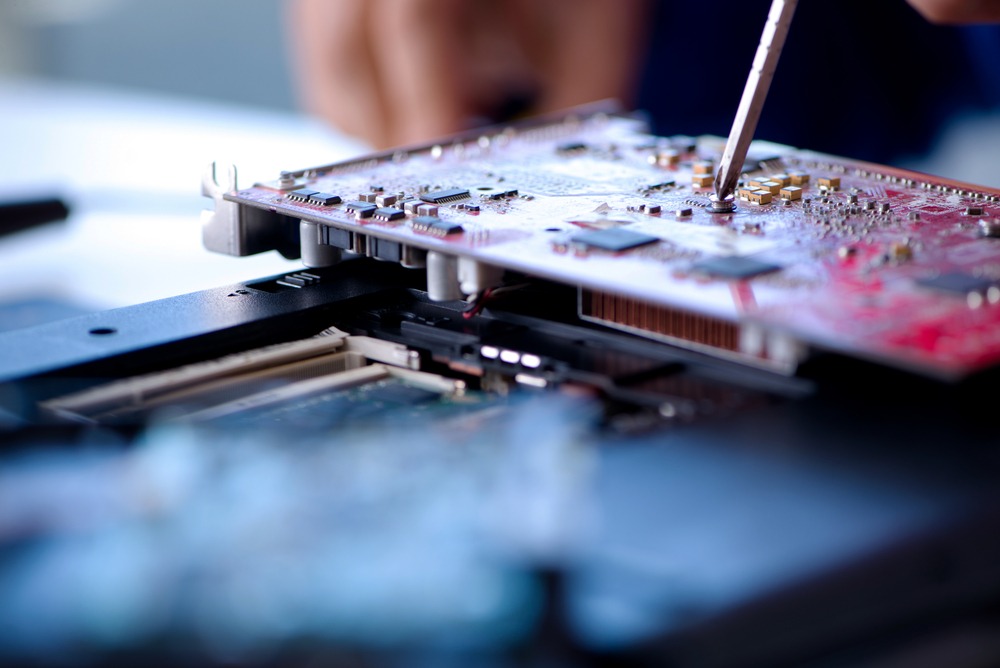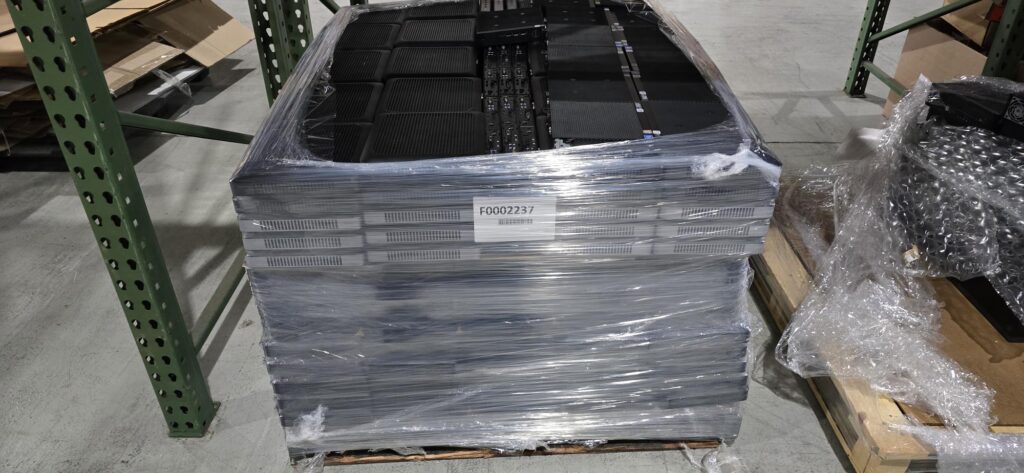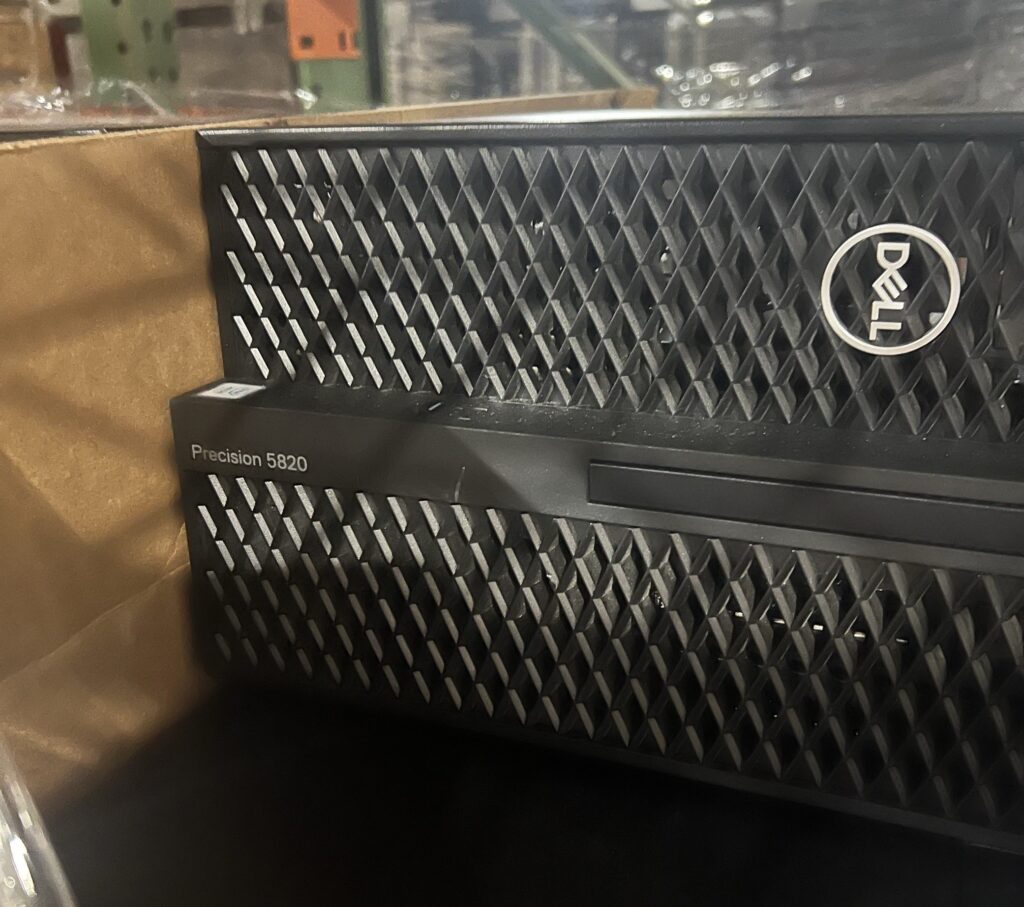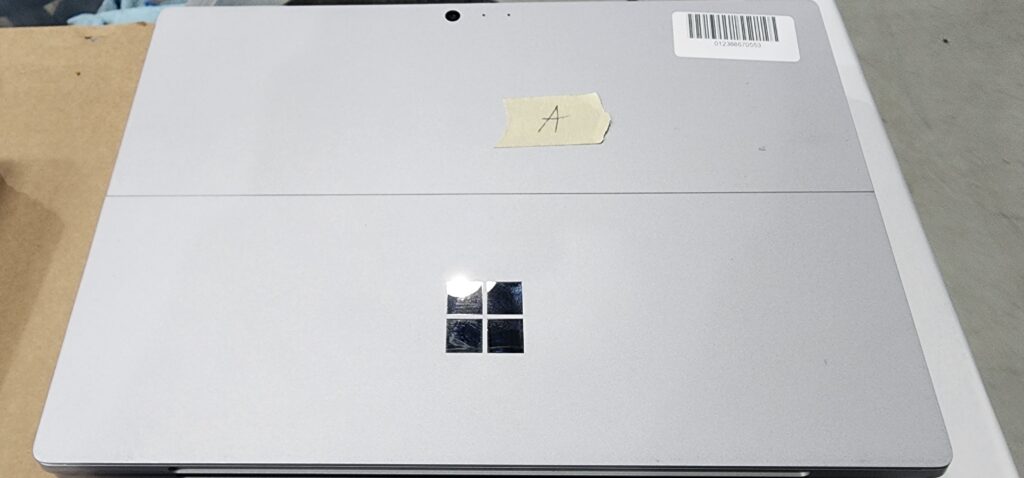[vc_row][vc_column][vc_column_text]Are refurbished computers slower? This is a question that many people may ask when they are thinking about purchasing a refurbished computer. The answer to this question is not so simple. There are many factors that can affect the speed of a computer, such as the age of the device and the amount of memory it has. In general, however, refurbished devices should not be significantly slower than new devices.
There are several reasons why you might choose to buy a refurbished computer. Perhaps you want to save money, or you are looking for a specific type of device that is no longer being manufactured. Whatever your reason, it is important to understand that refurbished devices can vary in quality. You should always research the seller before making a purchase.
Some people might tell you that refurbished computers are always slower, but is that really the case? Let’s take a closer look at what refurbished computers are and what you can expect from them. We’ll also compare refurbished models with new models to see if there are any real benefits to buying used. By the end of this post, you’ll be able to make an informed decision about whether a refurbished computer is right for you.
Few tips to remember while buying refurbished IT
1. What refurbished computers are
2. The pros of using refurbished computers
3. The cons of using refurbished computers
4. How to determine if a refurbished computer is right for you
5. Where to find the best deals on refurbished laptops and desktops
So, should you buy a refurbished computer? The answer is complicated. In general, refurbished electronics tend to be slower and may have fewer features than new models. However, if you find a great deal on a refurbished model from a reputable seller, it can be a good way to save money without sacrificing too much in terms of performance or quality.
If you don’t need the latest and greatest features, a refurbished model could save you some money without sacrificing too much in terms of performance. Just be sure to do your research ahead of time so that you know what to expect from each model and seller. On the one hand, buying a used or refurbished computer can save you money and help the environment. But on the other hand, there is always some risk involved in purchasing any secondhand product. However, most reputable retailers test their refurbished models to make sure they meet or exceed the same performance standards as new models. If you’re looking for a reliable machine that doesn’t break the bank, a refurbished model could be a great option for you. Ultimately, it’s up to you to decide if the potential savings are worth the risk. We hope this article has helped you better understand the pros and cons of buying refurbished computers so that you can make an informed decision about what’s best for your needs.
Have you ever purchased a refurbished computer? What was your experience like?
Let us know in the comments below.[/vc_column_text][/vc_column][/vc_row]








